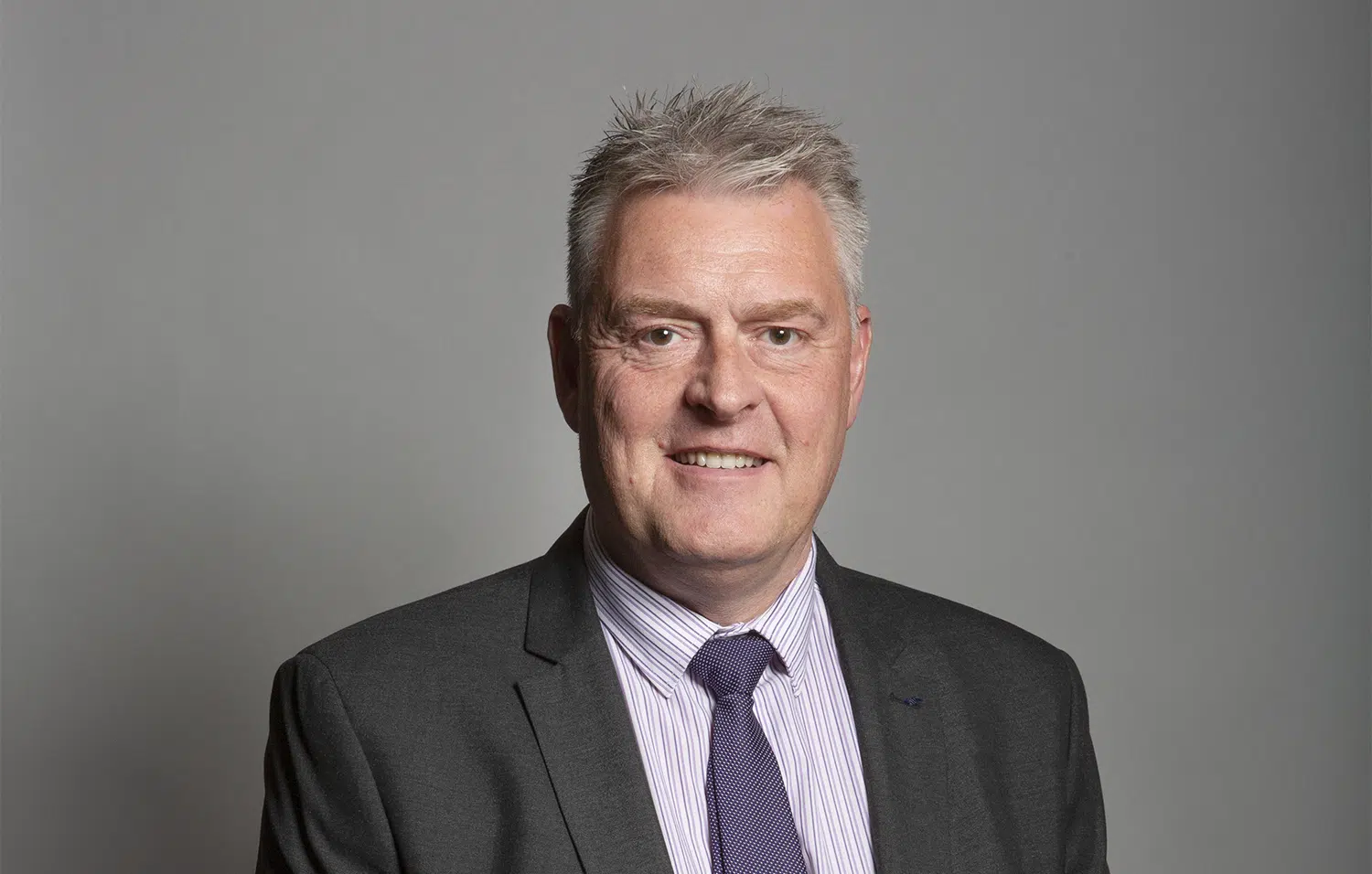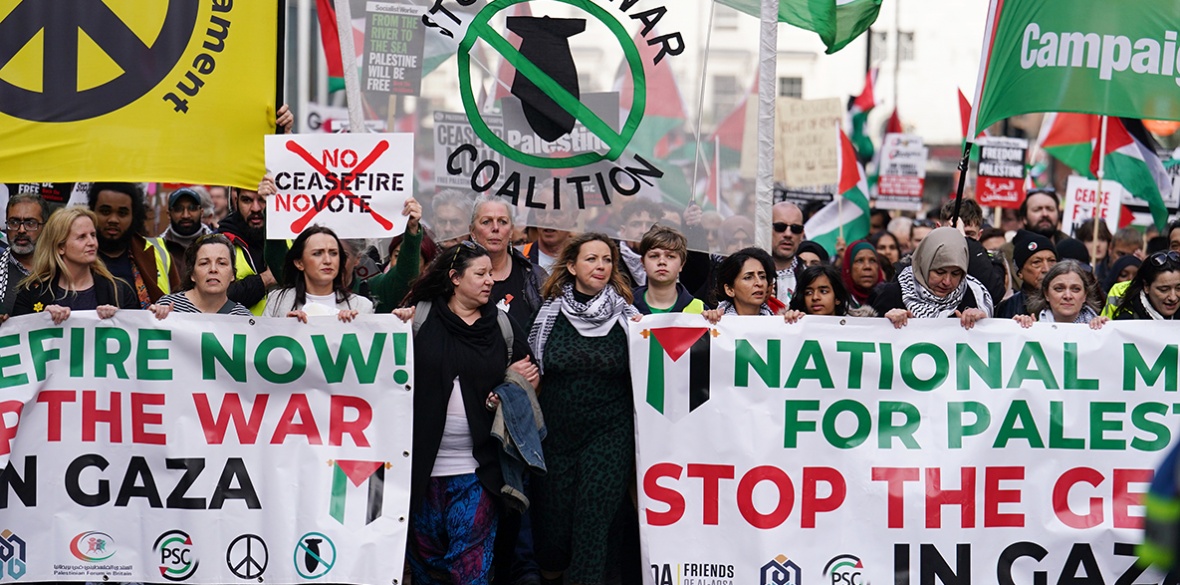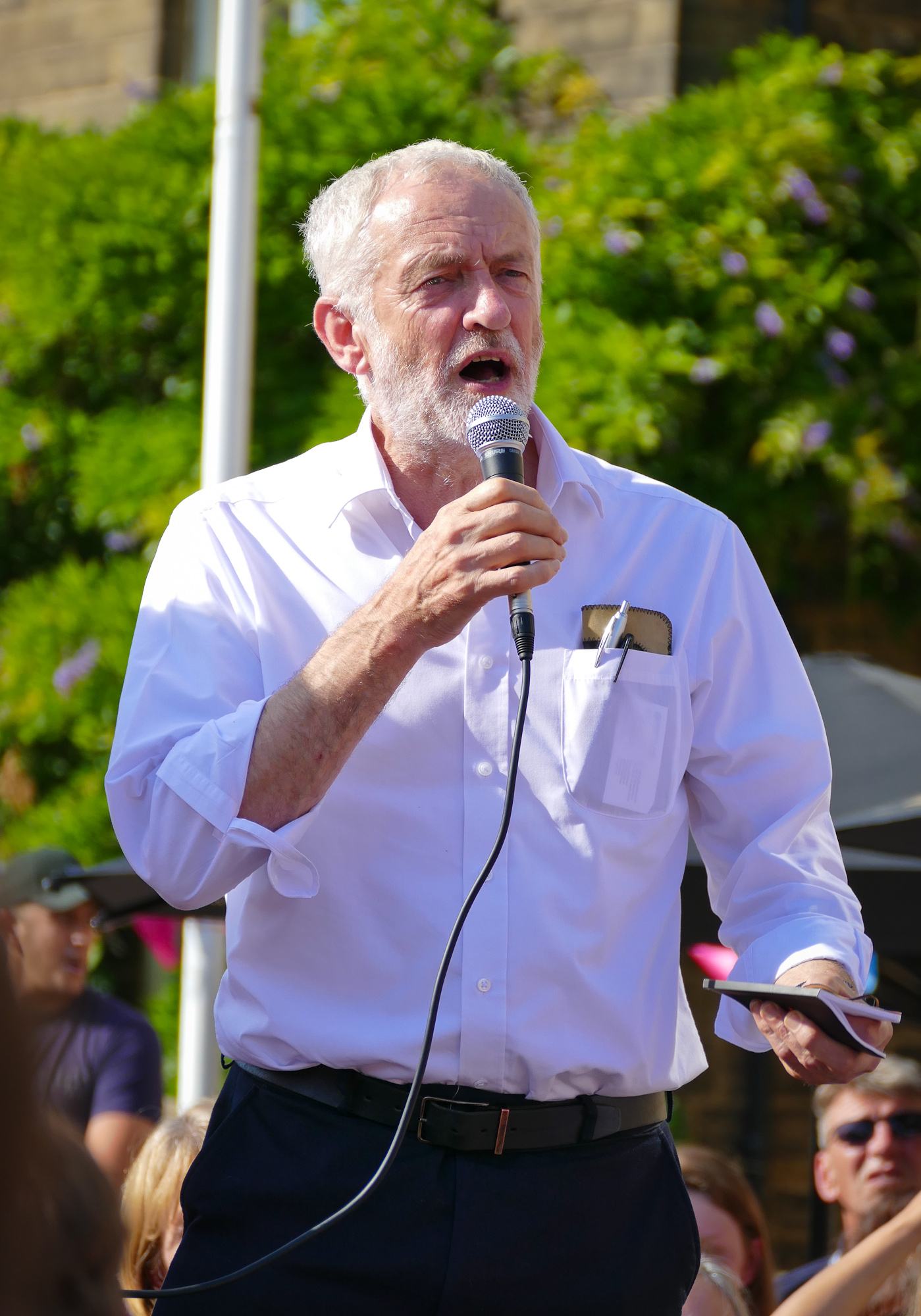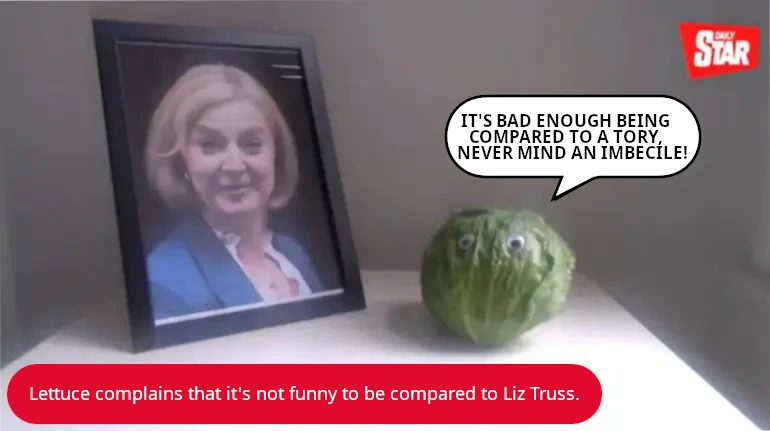Climate Crisis Denier Lee Anderson Finds Common Cause With Reform UK
Original article by Adam Barnett and Joey Grostern republished from DeSmog

The Ashfield MP, who left the Conservatives today for Reform, shares his new party’s trenchant opposition to net zero.
The UK’s main climate science denial party has gained its first member of parliament with the defection of suspended Conservative MP Lee Anderson.
Anderson announced today that he was joining Reform UK, a right-wing, anti-green and anti-immigration party which is currently polling at 12 percent.
Reform campaigns to “scrap all of net zero” and last year received £135,000 from donors who deny climate science or have business links to fossil fuels.
Anderson has repeatedly attacked the government’s net zero policies, arguing in February 2024 that a net zero UK “wouldn’t make a blind bit of difference to the earth’s atmosphere”.
He is also a vocal backer of new oil, gas and coal extraction in the UK. He has suggested that coal, the most polluting fossil fuel, is environmentally sustainable because “coal 100 million years ago was trees and plants”.
In 2022 he supported the decision to open a new coal mine in Cumbria, which he described as “part of the net zero journey”.
Since June 2023 Anderson has worked as a presenter on right-wing broadcaster GB News alongside Reform’s leader Richard Tice and its honourary president Nigel Farage.
While Anderson has contradicted the scientific consensus on net zero and fossil fuels, Reform’s leadership has gone further, explicitly rejecting the climate science on global warming.
Tice has said “CO2 isn’t poison, it’s plant food”, while the party’s London mayoral candidate Howard Cox has said “man is not responsible for global warming”.
Reform’s manifesto falsely claims that “scientists disagree as to how much” humans have had an impact on global warming. The UN’s Intergovernmental Panel on Climate Change (IPCC), the world’s foremost climate science body, has stated that it is “unequivocal that human influence has warmed the atmosphere, ocean and land”.
When approached for comment, a Reform UK spokesperson told DeSmog: “You know what our policies are towards net zero and the climate agenda” adding that it should come as no surprise when Reform is “supported by others that agree with us”.
Lee Anderson and the Conservative Party had not responded at time of publication.
Anderson was suspended from the Conservative Party last month after saying “Islamists” had “got control” of London Mayor Sadiq Khan, who is a Muslim, adding that the Mayor had “given our capital city away to his mates”.
The MP had resigned as the Conservative Party’s deputy chair in January to protest the government’s bill on deporting asylum seekers to Rwanda, which he considered too weak.
Anderson and Climate Denial
Anderson has repeatedly attacked net zero policies, arguing last month that if the UK “became net zero tomorrow” it wouldn’t affect global warming due to higher volumes of emissions produced by other countries.
In September 2022, Anderson signed an open letter written by the Net Zero Scrutiny Group (NZSG) of backbench MPs that was published in The Telegraph. It called on the UK government to green-light fracking for shale gas, and argued that gas projects should be “fast-tracked” in light of the energy crisis.
In October, Anderson received a £3,000 donation from Michael Hintze, one of the few known funders of the Global Warming Policy Foundation (GWPF) – the UK’s main climate science denial group, which has extensive ties to the NZSG.
At last month’s launch of Popular Conservatives – a new Tory faction run by Mark Littlewood, the former director of the BP-funded Institute of Economic Affairs think tank – Anderson said net zero “never comes up on the doorstep” aside from “the odd weirdo”.
Last July, Anderson called the climate activist group Just Stop Oil “the biggest menace in our society” in a post on X (formerly Twitter) where he celebrated the approval of hundreds more oil and gas licences in the North Sea.
GB News and Fossil Fuels
In June 2023, Anderson joined right-wing outlet GB News as a presenter, a role which pays him £100,000 per year – around £20,000 more than his MPs’ salary.
A DeSmog investigation last year found one in three GB News presenters broadcast climate science denial, while half attacked net zero policies.
GB News is co-owned by British millionaire Paul Marshall, who in October DeSmog revealed has £1.8 billion invested in fossil fuel interests through his hedge fund Marshall Wace in the year to June 2023.
The channel’s other biggest shareholder, the United Arab Emirates-based investment firm Legatum Group, runs the Alliance for Responsible Citizenship (ARC), a conservative project fronted by Canadian climate denier Jordan Peterson.
ARC’s advisors include some of the world’s most prominent climate crisis deniers, including Danish writer Bjorn Lomborg, US activist Michael Shellenberger, and former Australian Prime Minister Tony Abbott, who is also a GWPF trustee.
GB News is the subject of several ongoing probes by broadcast regulator Ofcom, and earlier this month reported losses of £42 million in the year to May 2023, and £76 million since its launch in 2021.
Original article by Adam Barnett and Joey Grostern republished from DeSmog




